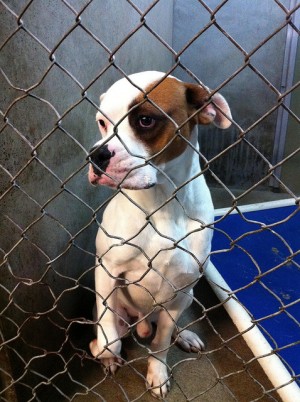progress,
improvement, headway ![]()
[noun]
[de
voor-uit-gang, <no plural>]
"Vooruitgang" (with the stress on "uit") is used for positive
progress. The opposite of "vooruitgang" is "achteruitgang":
deterioration. Note that when you put the stress on "voor" the word
changes meaning radically: "front exit", with the base noun "uitgang":
exit.
A closely related word is "voortgang": general progress (in
time). So: there can be "voortgang" but this does not necessarily imply
"vooruitgang" (although quite often it is used that way).
Examples:
– "Ik moet u helaas mededelen dat er nog geen
vooruitgang is in de toestand van de patiënt."
("Regrettably I have to inform you that there is no
improvement yet in the patient's condition.")
– "In de 19e eeuw is er behoorlijk wat
vooruitgang geboekt."
("In the
19th century quite some progress was made." Note the use of "boeken": as
a verb typically used as "to book", but in combination with
"vooruitgang" it translates as "to make headway/progress".)
– "Als het gaat om het sociale karakter
van onze samenleving, dan vind ik dat er eerder sprake is van
achteruitgang dan van vooruitgang."
("When it concerns the social character of our
society, I believe it is rather a matter of decline than of
advancement.")
Related words:
– Voortgang: progress, continuation [noun] [de voortgang, <no plural>].
–
Vooruitgaan: to progress, to go forward, to improve [verb] [ging
vooruit, vooruitgegaan].
– Ontwikkeling: development, growth [noun] [de ontwikkeling, de ontwikkelingen].
– Achteruitgang: decline,
deterioration [noun] [de achteruitgang, <no plural>].
– Achteruitgang: rear exit [noun] [de uitgang, de uitgangen].
Example:
– "De bankovervaller ontsnapte
via de achteruitgang."
("The bank robber escaped through the rear
exit.")


 “Met iemand te doen hebben” does not translate as “to have to do with somebody” but as “to feel sorry for somebody” and implies you feel empathy for that person. Today’s phrase with “hem” is just an example of its usage, see the examples below for more. It’s quite common to emphasize with the word “echt”: I feel really sorry for him.
“Met iemand te doen hebben” does not translate as “to have to do with somebody” but as “to feel sorry for somebody” and implies you feel empathy for that person. Today’s phrase with “hem” is just an example of its usage, see the examples below for more. It’s quite common to emphasize with the word “echt”: I feel really sorry for him.